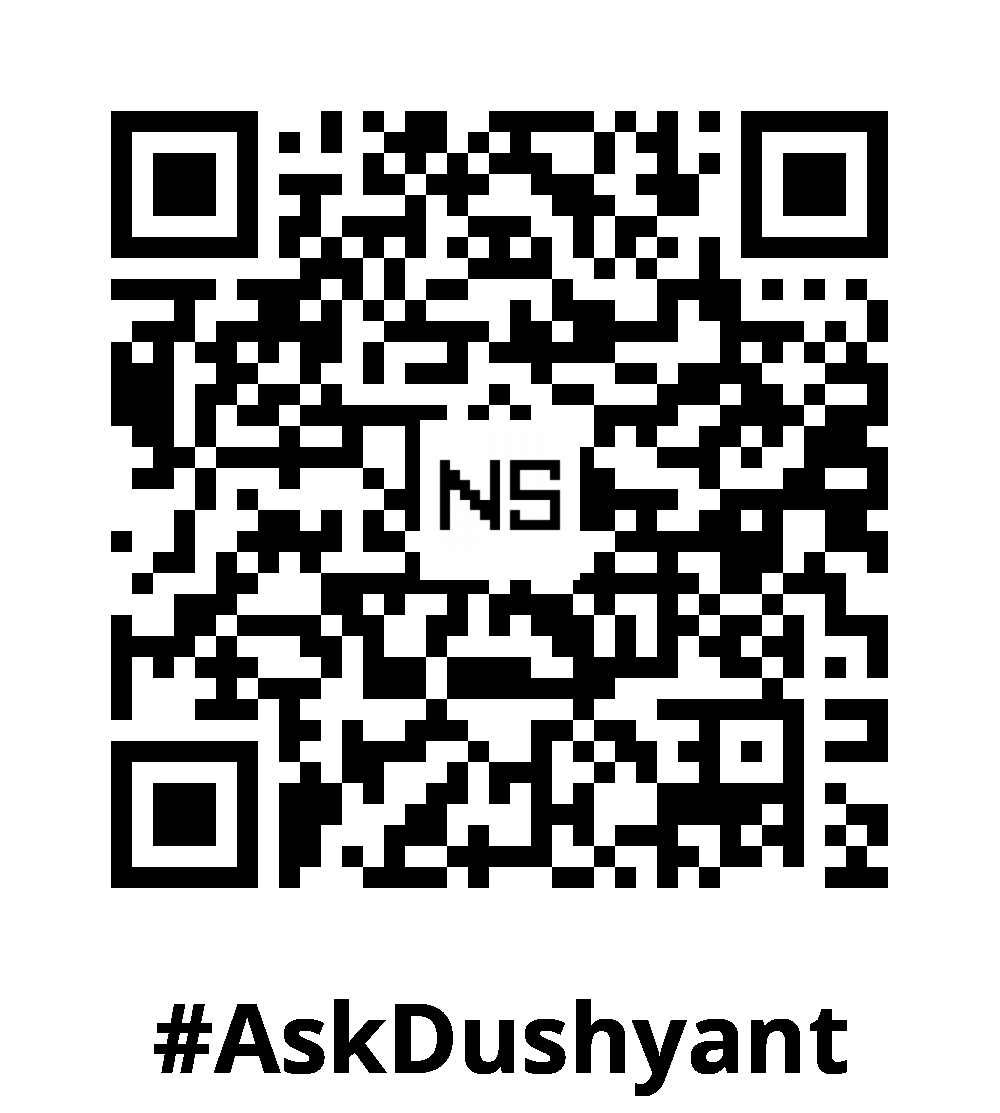Cloud technology has transformed the world of Data Tech, enabling businesses to analyze massive datasets more efficiently and affordably. Based on my extensive 18-year background in the tech corporate landscape, In past organizations had invested heavily in on-premise infrastructure to handle large-scale data analytics. Today, cloud platforms offer powerful, scalable solutions that allow companies of all sizes to leverage big data and gain actionable insights.
In this tech post, we’ll explore how cloud-based data analytics platforms like AWS Redshift, Google BigQuery, and Azure Synapse Analytics are revolutionizing the way businesses process and analyze data. These tools provide scalability, speed, and integration with advanced analytics, making it easier to unlock insights from vast datasets.
1. Scalability for Big Data Analytics
One of the primary advantages of cloud technology in data analytics is scalability. Traditional infrastructure often struggles to keep up with the growing volume of data, requiring expensive hardware upgrades. Cloud platforms eliminate this limitation by offering elastic scaling that adjusts to the size of your workload.
- Elastic scaling: With platforms like Google BigQuery, businesses can analyze petabytes of data without worrying about capacity. The infrastructure automatically scales up or down based on the query load.
- Cost-effective: Instead of investing in expensive hardware, cloud platforms follow a pay-as-you-go model, allowing businesses to pay only for the resources they use.
Example: A streaming service using Google BigQuery can analyze real-time user behavior to recommend content. As user traffic fluctuates, BigQuery scales automatically, ensuring smooth data processing without manual intervention.
2. Speed and Performance
Cloud platforms significantly improve the speed and performance of data analytics. Traditional on-premise systems often struggle to process large datasets quickly. In contrast, cloud platforms are optimized for massive parallel processing and distributed computing, delivering near real-time results.
- AWS Redshift uses massively parallel processing (MPP) to split large datasets into smaller chunks and process them simultaneously across multiple nodes. This drastically improves query performance, making it ideal for handling big data.
- Azure Synapse Analytics integrates data warehousing and big data analytics, allowing businesses to query and analyze structured, semi-structured, and unstructured data efficiently.
Example: A financial institution using AWS Redshift can process years of transaction data in real-time to detect fraudulent patterns. Redshift’s MPP architecture ensures that queries are processed quickly, allowing them to identify and mitigate potential fraud swiftly.
3. Advanced Analytics and Machine Learning Integration
Cloud platforms enable seamless integration with machine learning and advanced analytics tools, helping businesses go beyond traditional reporting and dashboards. With cloud-based data analytics platforms, businesses can build predictive models, automate decision-making, and uncover deeper insights.
- Google BigQuery ML allows users to create and train machine learning models directly within the BigQuery platform, eliminating the need for separate data migration to another ML tool. This reduces costs and improves efficiency.
- Azure Synapse integrates with Azure Machine Learning and Power BI, providing businesses with end-to-end analytics and ML capabilities in a single platform.
Example: An e-commerce company uses Google BigQuery ML to predict which products will sell out during peak seasons. By analyzing historical sales and seasonal trends, they can forecast demand and optimize inventory management.
4. Data Integration and Accessibility
Cloud platforms simplify the challenge of data integration, making it easy to aggregate data from multiple sources. This enables businesses to analyze data holistically and make better-informed decisions.
- Azure Synapse Analytics acts as a unified platform that can pull data from databases, data lakes, and SaaS applications. This allows organizations to have a single source of truth for their analytics efforts.
- AWS Redshift Spectrum allows users to query data directly from Amazon S3 without having to load it into the data warehouse. This makes it easy to access and analyze semi-structured and unstructured data stored in data lakes.
Example: A marketing team uses Azure Synapse Analytics to integrate data from web analytics, CRM systems, and social media platforms. By combining these data sources, they can analyze customer behavior across multiple channels and tailor marketing strategies to improve engagement.
5. Security and Compliance
Security and compliance are critical concerns for businesses handling sensitive data. Cloud platforms offer robust security features, including data encryption, role-based access control, and built-in compliance with industry regulations.
- AWS Redshift ensures end-to-end encryption for data both in transit and at rest. It also integrates with AWS Identity and Access Management (IAM) to provide secure access control.
- Google BigQuery supports compliance with major standards such as GDPR, HIPAA, and SOC, making it a reliable choice for businesses with stringent data protection requirements.
Example: A healthcare provider uses Google BigQuery to store and analyze patient data while complying with HIPAA. With encryption and strict access control, they can ensure patient information is handled securely while maintaining regulatory compliance.
My TechAdvice: Cloud technology is reshaping data analytics by providing businesses with scalable, high-performance, and cost-efficient solutions. Cloud-based tools like AWS Redshift, Google BigQuery, and Azure Synapse Analytics empower businesses to analyze massive datasets quickly, integrate data from various sources, and apply machine learning to drive deeper insights. However, over-reliance on these technologies builds substantial dependencies on providers, potentially compromising your business in the long run. Data is the lifeblood of any business, and entrusting too much of it gives these providers leverage, allowing them to potentially exploit it in the future.
#AskDushyant
#TechConcept #TechAdvice #RedShift #AWS #Azure #GoogleCloud


Leave a Reply